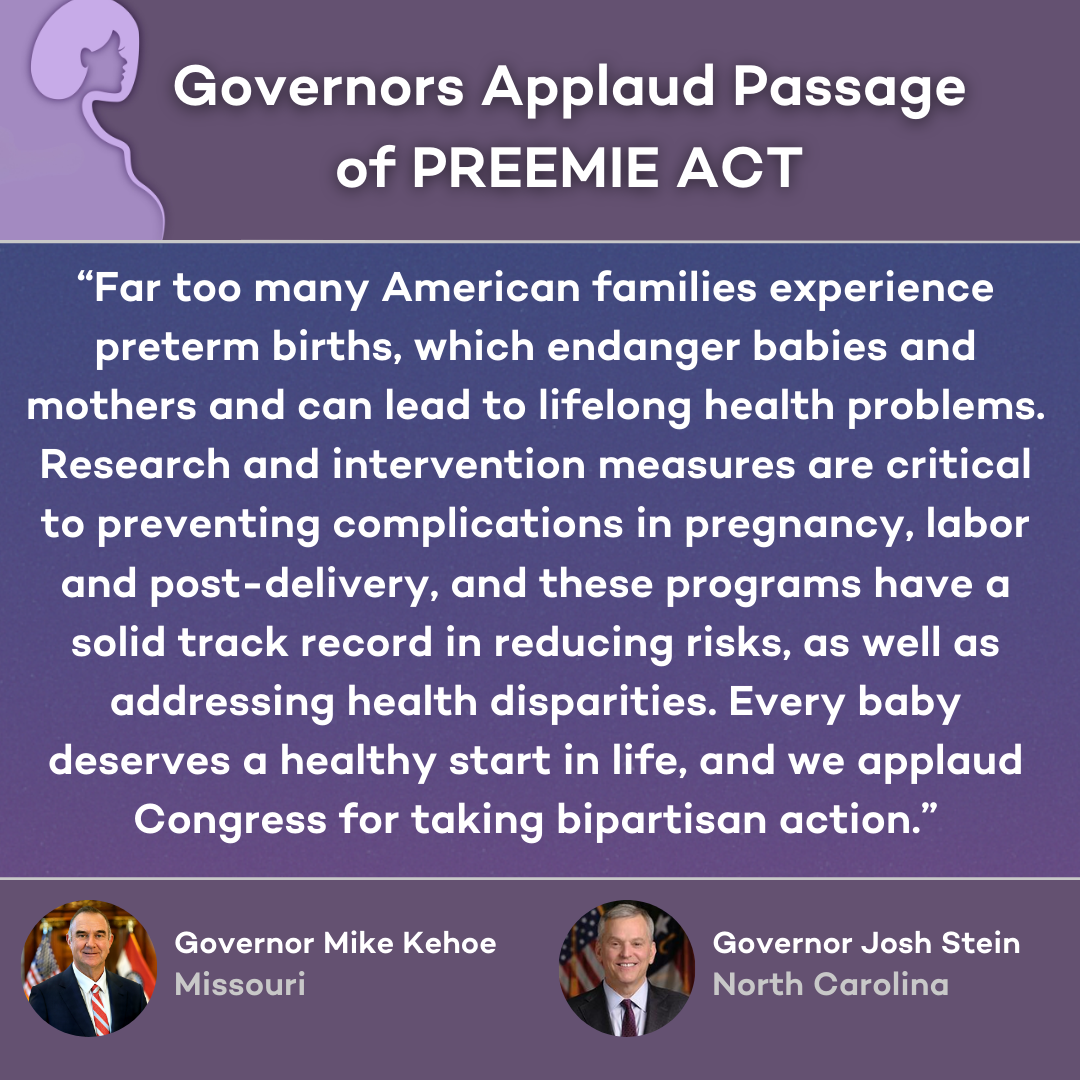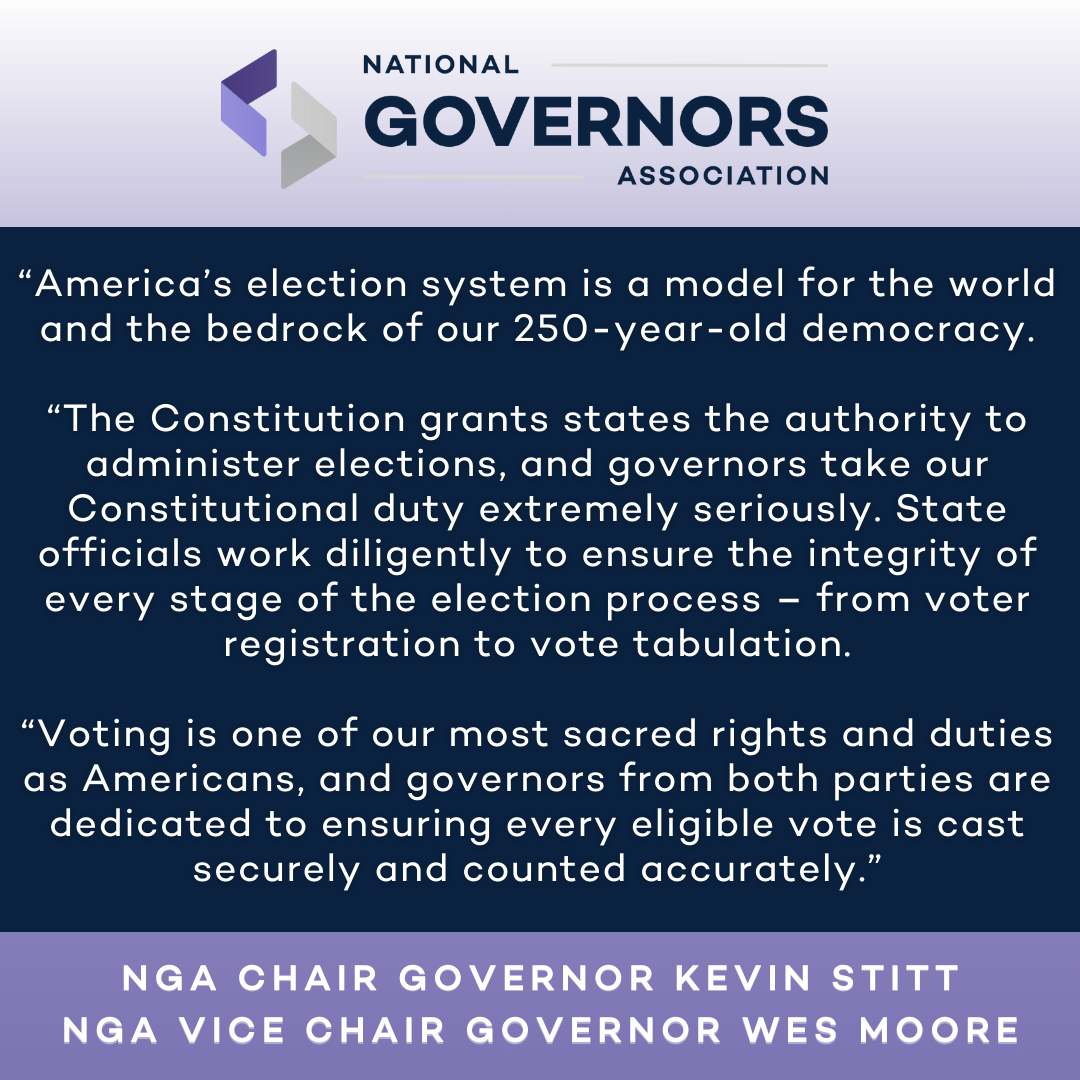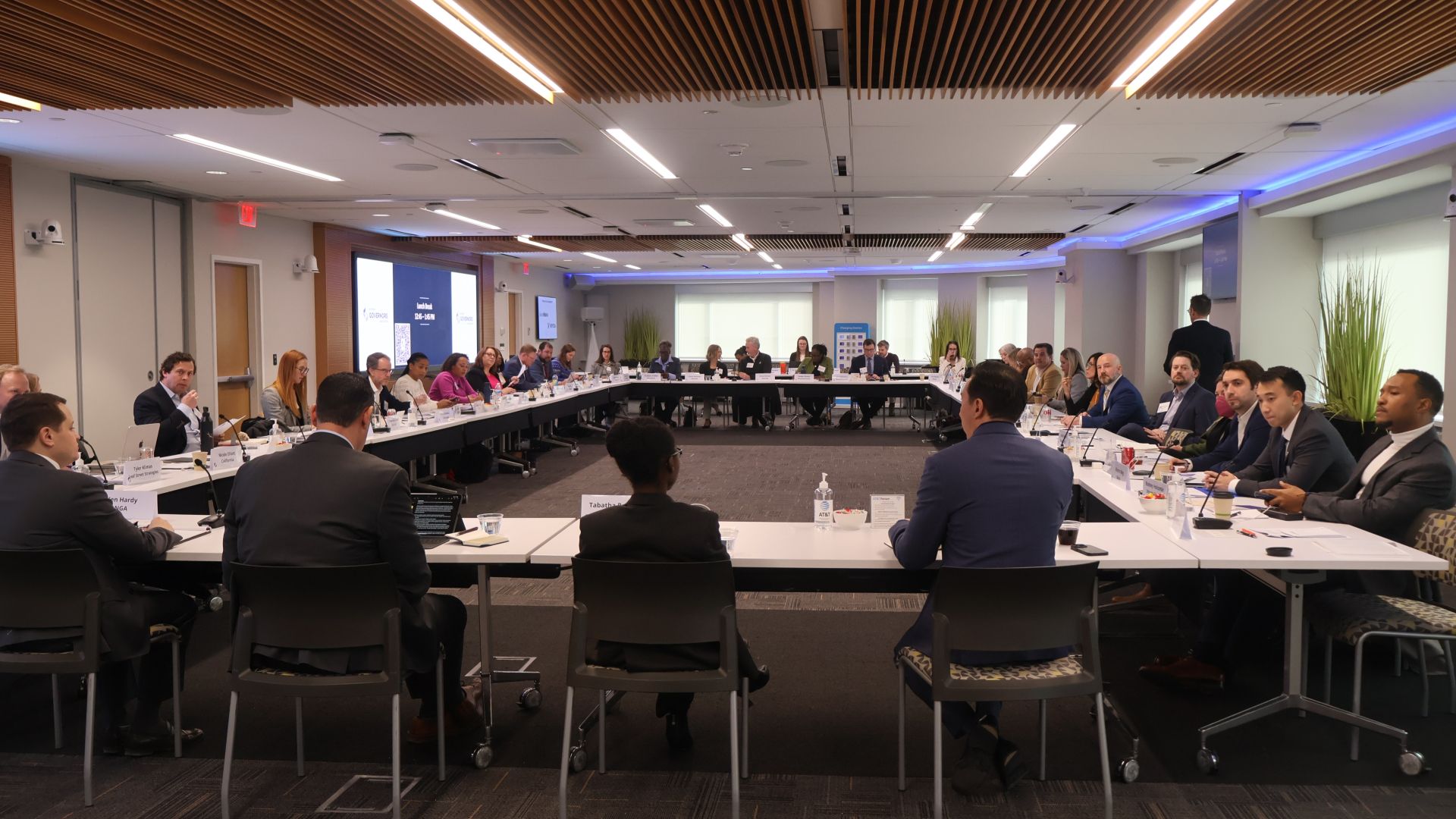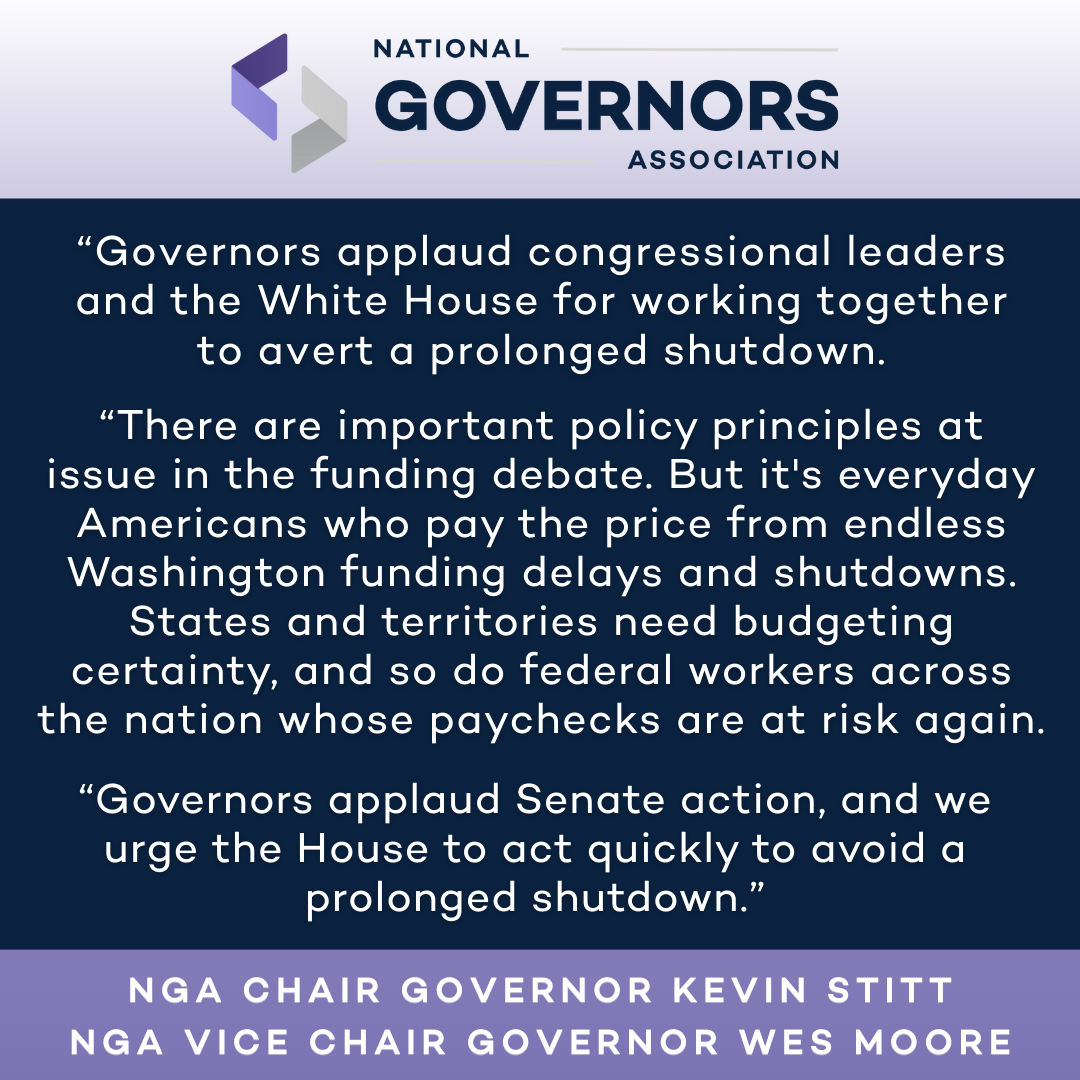The conviction that every student can succeed is one of Let’s Get Ready’s core tenets. As achievement gaps between top-performing students and students needing support widen, Let’s Get Ready has examined solutions tailored to a variety of cohorts.
Over the past year of the initiative, Girls Who Code founder Reshma Saujani briefed Governors on her work to close the gender gap in technology careers; Geoffrey Canada shared how Harlem Children’s Zone helps low-income students in urban communities; and rootEd Alliance leader Noa Meyer detailed work to address challenges in rural communities. From early childhood education to stepped-up guidance counseling resources to online tutoring to apprenticeships, education leaders are innovating to reach students where they are and set them on a path to opportunity.
The Vancouver convening was no different. Of Boys and Men author Dr. Richard Reeves joined NGA Chair Colorado Governor Jared Polis to discuss an often overlooked challenge: the growing struggles of boys and men in education, workforce readiness and social engagement.
Reeves emphasized that focusing on achievement gaps observed in boys doesn’t mean taking our eye off the ball when it comes to historical achievement gaps experienced by girls.

“I think the challenge is the framing,” Reeves stated. “It challenges us to think two thoughts at once: to say there’s still a lot to do for women and girls in many areas, and there’s growing evidence we need to do more for boys and men. If we continue to see it as an ‘or’ rather than an ‘and,’ that leads us to a difficult situation where policymakers and culture more broadly continue to frame gender as a zero sum game. And that somehow to care about the problems of boys and men is to betray your support for the issues of women and girls.”
As president of the American Institute for Boys and Men, Reeves conducts research documenting troubling trends:
- Education: Boys are less prepared to start school and, at nearly every point in their K-12 school career, have lower GPAs than girls. Boys are also less likely to take advanced-placement courses, less likely to graduate from high school and less likely to earn bachelor’s degrees.
- Career: The male labor force participation rate dropped 7 percentage points over 50 years, from 96% in 1970 to 89% in 2023, while wages for men have stagnated.
- Mental health: The percentage of young men who say they don’t have a close friend has increased five-fold since 1990; men are four times more likely than women to die by suicide but 10 percentage points less likely than women to access mental health care.

From the top, Governor Polis acknowledged the many overlapping factors at play in comparing achievement by gender – and the sensitivity of the topic: “Are we helping ourselves by talking about gender, or are we hurting ourselves by talking about gender?”
“Some of Dr. Reeves’ work is how we can make some of the traditionally female professions more open to boys and men, just as we’ve also, from the other end, talked about some of the traditionally male professions and how we need to break down barriers for women,” Governor Polis explained. “Those can often be cultural barriers, but they can also be pedagogical barriers about how we approach instruction in different areas.”
The bottom line, Reeves suggested: “A gap is a gap. If you see a gap, then I think we should investigate that gap and see whether or not there’s something structural about it. In K-12, we see pretty big gaps across the board now. In terms of GPA, this is a very big gender gap. Two-thirds of those in the top 10% of the GPA distribution are girls, and two-thirds of those in the bottom 10% are boys.”
Promising solutions center on making instruction more relevant and engaging – a strategy that benefits both boys and girls. Lessons learned from career and technical education (CTE) may show the way forward.
“High on the research agenda is understanding why [boys are] so successful in career and technical education and technical high schools. [Whether it’s] the hands-on learning nature of CTE, the project-based nature, the more applied nature of it, we can then take some of those lessons into more conventional classrooms. You can then map that into middle schools and elementary schools, as well, and take some of those concepts and apply them earlier and earlier.”
Some research suggests that boys are “more relational learners” than girls, Reeves continued. “On average, the boys need to know ‘who’ and ‘why’ before they care about ‘what,’” he explained. “‘Why am I learning this abstract, apparently pointless stuff, and then maybe I’ll do it.’ The good news is that if we made less of the pointless and boring, the boys would do better, but it’d be better for the girls, too.”
Encouraging more men to go into the teaching profession can also help address the cultural factors impacting boys’ achievement.
“A lot of young men feel like they’re asking themselves: ‘What am I supposed to do? How am I supposed to be?’ And they very often feel pinballed in the current debate about masculinity and the roles of men and women. There’s a real search among many boys and men… because they think some of the old scripts have gone – for good reason – but they haven’t necessarily been replaced. That’s left many boys and young men in search of an answer, and very often, of course, they will look online. But I don’t want to miss the fact that K-12 education is an incredibly important structure through which we communicate a lot of those cultural messages. I think it happens to matter, for example, that the share of teachers that are male has dropped from 33% to 23% in public K-12 and continues to fall… especially if we claim, as many do, to be interested in male role models. I think representation matters, and I think it matters in our K-12 teaching profession a lot.”
Reeves cited actions from Maryland Governor Wes Moore, Michigan Governor Gretchen Whitmer and Utah Governor Spencer Cox addressing these issues.
Governor Polis wrapped the session by underscoring Let’s Get Ready’s commitment to close achievement gaps wherever they occur, emphasizing that the “Educating All Americans for Success” tagline is both inclusive, and expansive:
“When we talk about preparing all Americans for success, it, of course, means boys, girls… every American,” he stated. “And, of course, success means very different things. While earning is important, and we care deeply about access to those high wage fields, you can absolutely support yourself, and it can be very fulfilling for those who want to be teachers or nurses or any other profession that has been traditionally female, for the boys and men that have an aptitude for that and desire to do that. So preparing all Americans for success, everybody, all genders, is a very important piece of that.”











